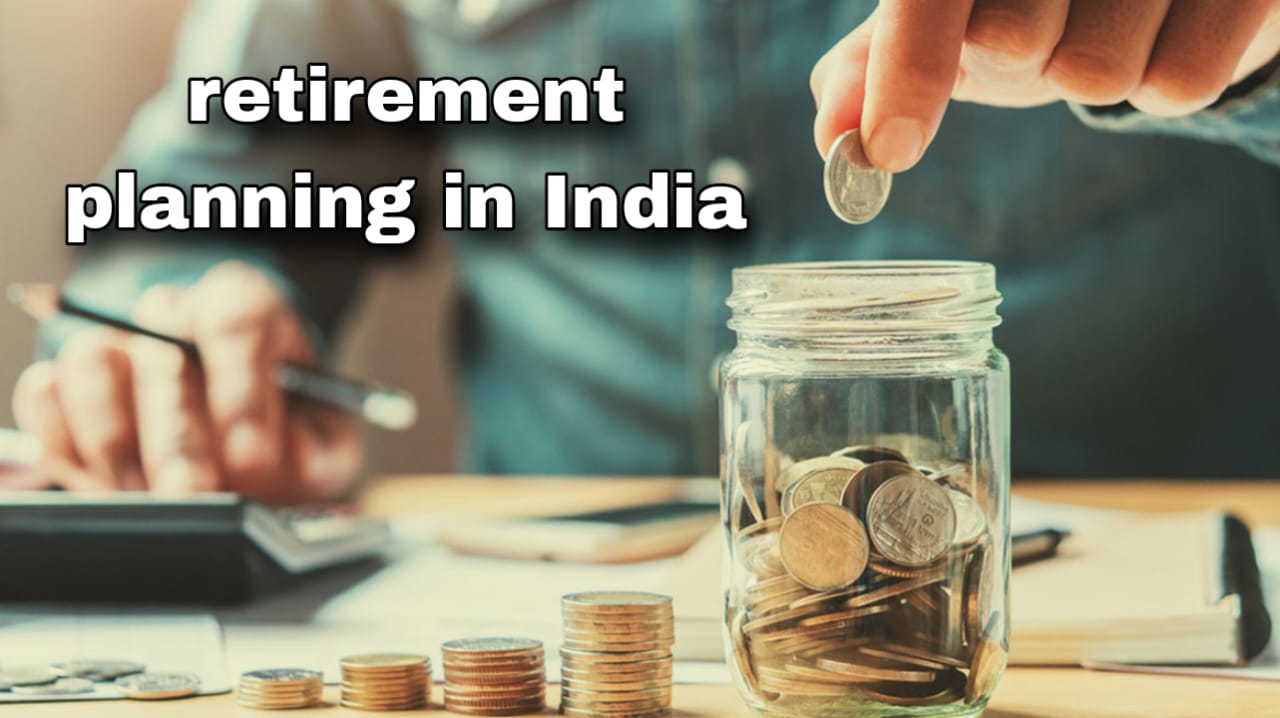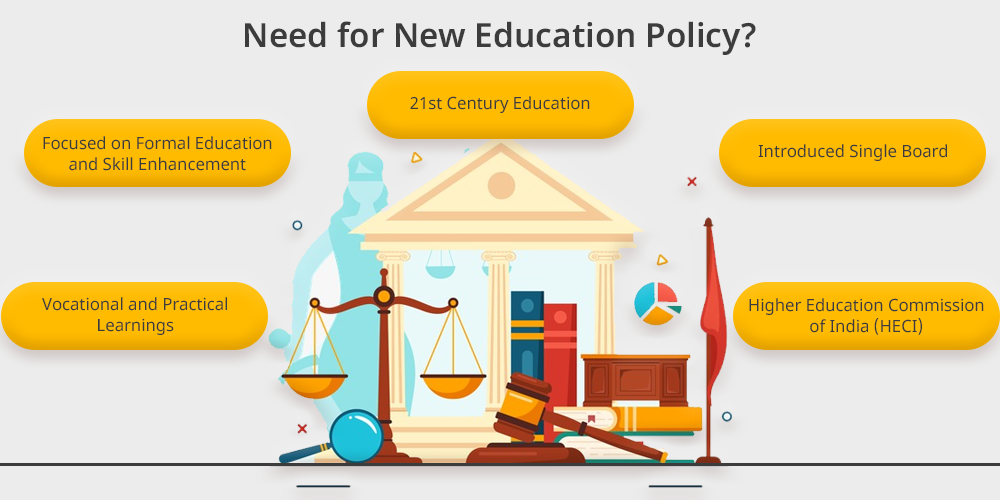
Inflation is an economic phenomenon that affects the purchasing power of money by causing prices to rise over time. It influences everything from the cost of daily essentials to the value of long-term investments. While inflation is a natural part of economic growth, its effects on personal finance can be significant.
In recent years, global economic uncertainties, supply chain disruptions, and monetary policy changes have driven inflation rates higher, impacting households worldwide. Understanding how inflation affects personal finances is essential for making informed decisions to safeguard financial well-being. This article will explore the different ways inflation impacts personal finance and provide strategies to mitigate its effects.
What is Inflation?
Inflation refers to the sustained increase in the prices of goods and services over time. When inflation occurs, the purchasing power of money diminishes, meaning that the same amount of money buys fewer goods and services than before.
Inflation can be categorized into two main types:
- Demand-Pull Inflation: This occurs when consumer demand exceeds supply, causing prices to rise.
- Cost-Push Inflation: This happens when production costs increase, leading businesses to raise prices to maintain profitability.
Governments and economists track inflation rates using indicators such as the Consumer Price Index (CPI) and the Producer Price Index (PPI). The CPI measures changes in the price of a basket of commonly purchased goods and services, providing a benchmark for inflation trends.
While moderate inflation is a sign of a growing economy, excessive inflation can have adverse effects on individuals and families, making it crucial to understand its implications on personal finance.
How Inflation Impacts Personal Finance
1. Purchasing Power
One of the most immediate and visible effects of inflation is the erosion of purchasing power. As prices rise, the value of money decreases.
For instance, if inflation is at 5% annually, a grocery bill that costs $100 today would cost $105 next year for the same items. This increase may seem small initially but can add up significantly over time, especially for essential goods and services like housing, utilities, and healthcare.
To maintain purchasing power, individuals need to earn more income or find ways to cut expenses. Unfortunately, wages often do not keep pace with inflation, leading to financial strain.
2. Savings and Investments
Inflation has a profound impact on savings and investments. Money kept in traditional savings accounts with low-interest rates loses value over time when inflation outpaces the interest earned.
Impact on Fixed Savings:
- A savings account earning 1% interest during a 4% inflation period results in a net loss of 3% in purchasing power.
- Long-term financial goals become harder to achieve if savings are not adjusted for inflation.
Investment Strategies:
To combat inflation, individuals should consider inflation-hedging investments, such as:
- Stocks: Historically, equities have outperformed inflation over long periods.
- Real Estate: Property values often rise with inflation, making real estate a solid hedge.
- Inflation-Protected Bonds: Government securities like Treasury Inflation-Protected Securities (TIPS) provide returns adjusted for inflation.
Investors should regularly review and diversify their portfolios to ensure they are protected against the eroding effects of inflation.
3. Debt Management
Surprisingly, inflation can have both positive and negative effects on debt management.
Fixed-Interest Loans:
For individuals with fixed-interest loans, inflation can be beneficial. As the value of money decreases, the real cost of repaying a fixed loan diminishes. This means borrowers effectively pay back less in real terms over time.
Variable-Interest Loans:
On the other hand, individuals with variable-interest loans may face higher repayment costs as interest rates rise to combat inflation. This can increase monthly payments and financial stress.
Debt Repayment Strategies:
To navigate inflationary periods, borrowers should consider:
- Paying down high-interest variable-rate debt
- Refinancing loans to secure lower fixed rates
- Creating an emergency fund to manage unexpected increases in expenses
4. Budgeting and Spending
Inflation necessitates a reassessment of household budgets. As prices for everyday goods rise, maintaining previous spending patterns becomes challenging.
Adjusting Budgets:
- Prioritize essential expenses such as housing, food, and healthcare
- Cut non-essential expenses like luxury purchases and entertainment
- Look for discounts and deals to stretch dollars further
A well-thought-out budget can help individuals maintain financial stability during inflationary periods.
How to Mitigate Inflation’s Impact on Personal Finances
- Smart Investment Choices:
Investing in assets that can outpace inflation is crucial. Stocks, real estate, and inflation-protected securities should be part of a diversified portfolio. - Diversification of Investments:
Do not rely solely on one type of investment. A mix of stocks, bonds, real estate, and alternative investments can help manage risk and protect against inflation. - Increase Income Streams:
Finding ways to increase income can offset rising living costs. Consider upskilling to secure a higher-paying job, starting a side business, or freelancing. - Negotiate Fixed Expenses:
Locking in fixed rates for mortgages and insurance premiums can provide stability. Additionally, negotiating bills for services such as internet and phone plans can yield savings. - Regular Financial Checkups:
Regularly reviewing financial goals and adjusting strategies to account for inflation ensures long-term financial health. - Emergency Fund:
Having a robust emergency fund can provide a financial cushion against unexpected expenses during inflationary periods. - Live Below Your Means:
Avoid lifestyle inflation by maintaining a modest lifestyle even as income increases. This helps build a financial buffer against rising costs.
Conclusion
Inflation is an inevitable part of economic life, but its impact on personal finances can be managed with the right strategies. Understanding how inflation affects purchasing power, savings, debt, and budgeting empowers individuals to make informed financial decisions.
By investing wisely, diversifying income streams, and maintaining a disciplined approach to spending and budgeting, individuals can safeguard their financial well-being against the eroding effects of inflation. Proactive financial planning is essential for navigating inflationary times and achieving long-term financial stability.





